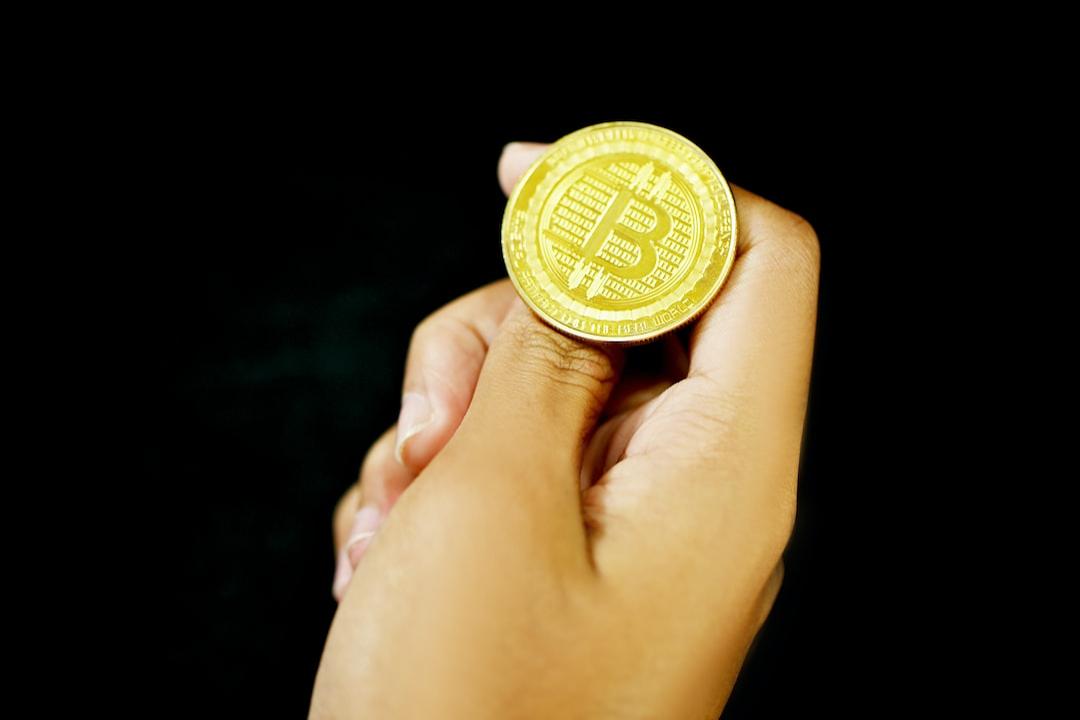Stuart Alderoty, the Chief Legal Officer of Ripple CLO, has drawn attention to the recent legal setbacks faced by the U.S. Securities and Exchange Commission (SEC), which could have significant implications for the ongoing Ripple lawsuit.
The SEC’s defeat in the lawsuit against Aaron Govil was particularly notable. In a recent development, the Second Circuit Court of Appeals declined to review its decision in the Govil case. The court ruled that the SEC cannot demand disgorgement from an issuer or seller if the buyer did not suffer financial losses.
It is worth noting that the Second Circuit initially issued this decision last year. Unsatisfied with the ruling, the regulatory agency filed a notice of appeal to overturn it. However, the court upheld its previous decision and rejected the SEC’s petition for review. Alderoty commented on the SEC’s consistent losses in legal battles.
The implications of the Govil decision could be significant for the ongoing Ripple lawsuit. The Second Circuit’s position, which requires the SEC to prove that investors suffered financial losses before requesting disgorgement, could strengthen Ripple’s defense. The SEC is seeking nearly $2 billion in penalties and fines from Ripple for violating federal securities laws through the sale of XRP to institutional investors.
Ripple is expected to file its opposition to the SEC’s remedies-related brief by April 22. The company could use the Govil decision to argue against the SEC’s request. If Judge Analisa Torres agrees with Ripple, the key issue would be whether investors experienced financial losses by acquiring XRP.
The remedy stage of the Ripple lawsuit focuses on the company’s institutional sales of XRP. If Ripple is ordered to pay disgorgement based on the Govil decision, it would only apply to institutional buyers who purchased XRP at prices higher than the current market value.
As of now, XRP is trading at $0.5977. The SEC’s original complaint alleged that Ripple engaged in unlawful sales of XRP between 2013 and 2020. During this period, XRP’s price mostly traded below the current value, but reached various highs during market peaks, including an all-time high of $3.31 in January 2018.
It is important to note that the SEC’s complaint focused solely on Ripple’s failure to register their sales with the SEC, rather than arguing that institutional investors suffered losses.
Disclaimer: This article provides information and should not be considered as financial advice. The author’s opinions expressed in this article are personal and do not reflect the views of The Crypto Basic. Readers are advised to conduct thorough research before making any investment decisions. The Crypto Basic is not liable for any financial losses.

